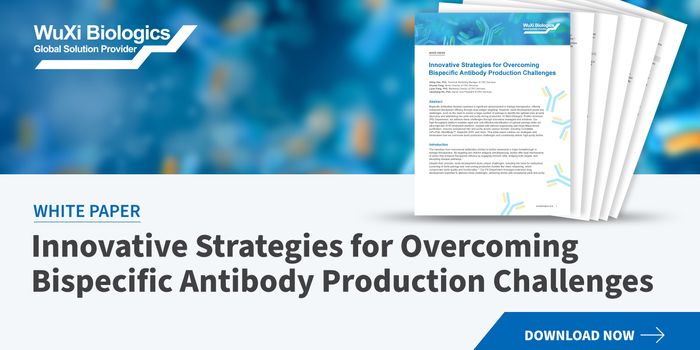Sweeteners Linked to Increased Cancer Risk
The World Health Organization (WHO) recommends we limit sugar consumption to less than 10% of daily energy intake. Artificial sweeteners can provide flavors similar to sugar without additional calories leading many to think of them as a “healthy” alternative to sugar. Many food manufacturers add artificial sweeteners to a wide variety of foods and beverages consumed by people daily.
The increased use of artificial sweeteners has prompted investigation into the overall safety of these sugar substitutes and any carcinogenic impacts they could elicit. The resulting studies have yielded conflicting results. In terms of cancer, some research conducted with in vitro and animal models suggests a role of artificial sweeteners in cancer development and progression. However, epidemiological data has not corroborated these pre-clinical findings. Nevertheless, there have been calls to re-evaluate potential links between artificial sweeteners and cancer.
A recent publication in PLOS Medicine describes the first prospective study investigating cancer risk related to the consumption of artificial sweeteners. Notably, while previous investigations tend to group all artificial sweeteners together, the current study examined different artificial sweeteners individually. The study looked at the impact of three artificial sweeteners: acesulfame potassium, referred to as ace K, (Sunett®, Sweet One®), aspartame (NutraSweet®, Equal®), and sucralose (Splenda®). Prior studies often used the consumption of artificially sweetened beverages as an indicator of overall sugar substitute consumption, but the current study considered all food and drink containing artificial sweeteners.
The study included over 100,000 adults enrolled in the population-based NutriNet-Sante, a large-scale web-based worldwide cohort study designed to investigate the links between nutrition and health. Participants provided24-hour records with detailed information on their diet, including consumption of sweeteners. At the time of the current study, the average follow-up time was about eight years, and investigators evaluated the association between the consumption of sweeteners and cancer incidence.
Aspartame was the most commonly consumed artificial sweetener for 58% of intake, followed by ace K (29%) and sucralose (10%). The analysis deemed participants as “lower” or “higher” consumption of ace K, aspartame, and sucralose if their calculated consumption fell below or above the average, respectively. The investigators also considered “non-consumers” of artificial sweeteners as a control group.
Compared to non-consumers, higher consumers of aspartame had 15% higher overall cancer rates. Even lower consumers demonstrated a 12% higher overall cancer rate than non-consumers. Ace k followed a similar trend with 12-13% greater overall cancer risk in both consumption groups compared to non-consumers. Although sucralose consumption accounted for a small percent of the total artificial sweetener intake, lower consumers exhibited a 3% greater risk for overall cancer, but there was no association observed for higher consumers.
This large prospective study showed that sugar substitutes increase cancer risk. These findings support a positive link between artificial sweeteners and cancer. As prior data on these topics has proven inconsistent, more research, particularly additional extensive cohort studies, in this area is needed. In vitro and in vivo studies are also necessary to understand potential mechanisms linking cancer progression and artificial sweeteners.
Sources: Nutrients, Drug Chem Toxicol, Cancer Epidemiol Biomarkers Prev, PLOS Medicine









